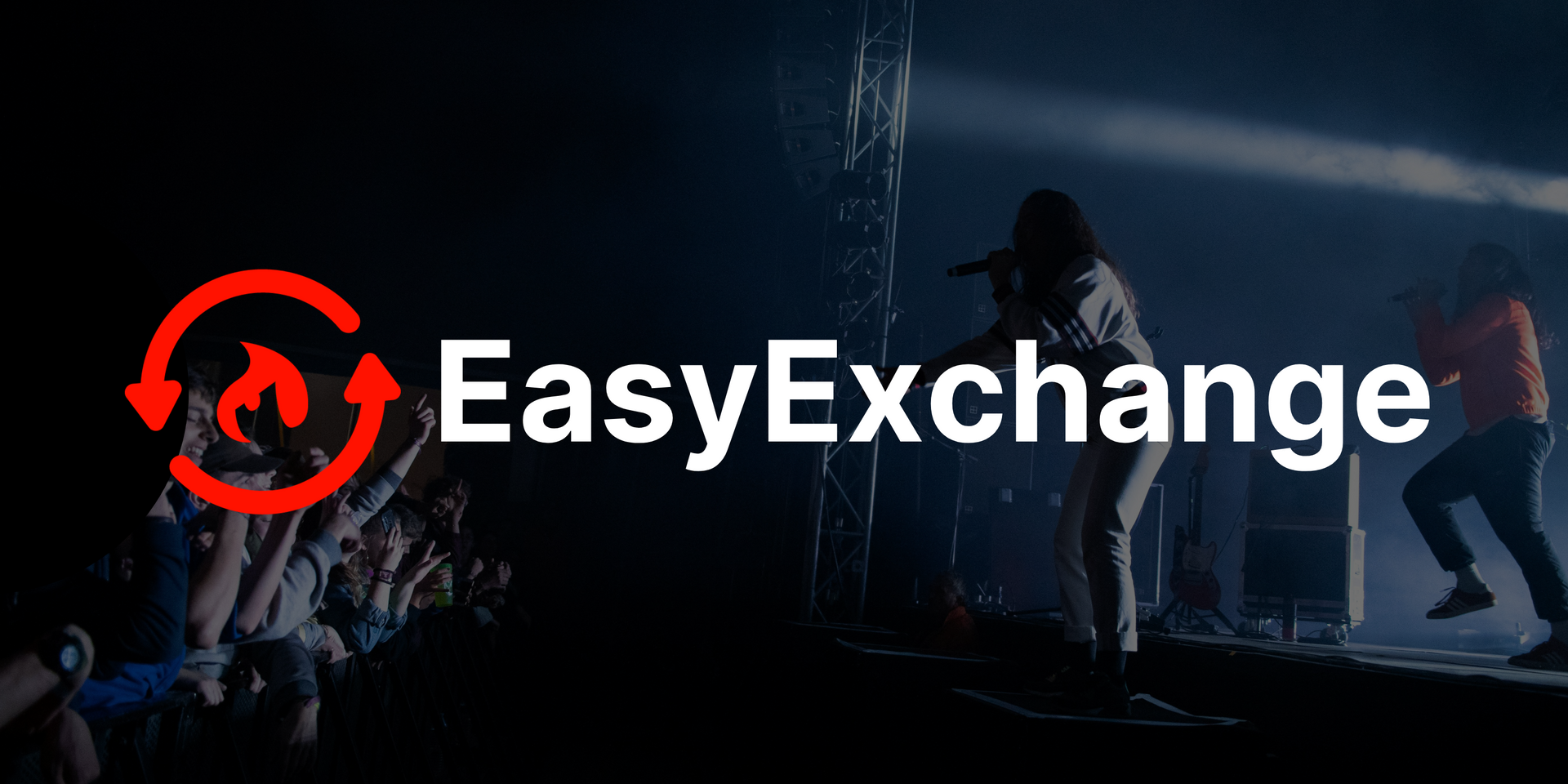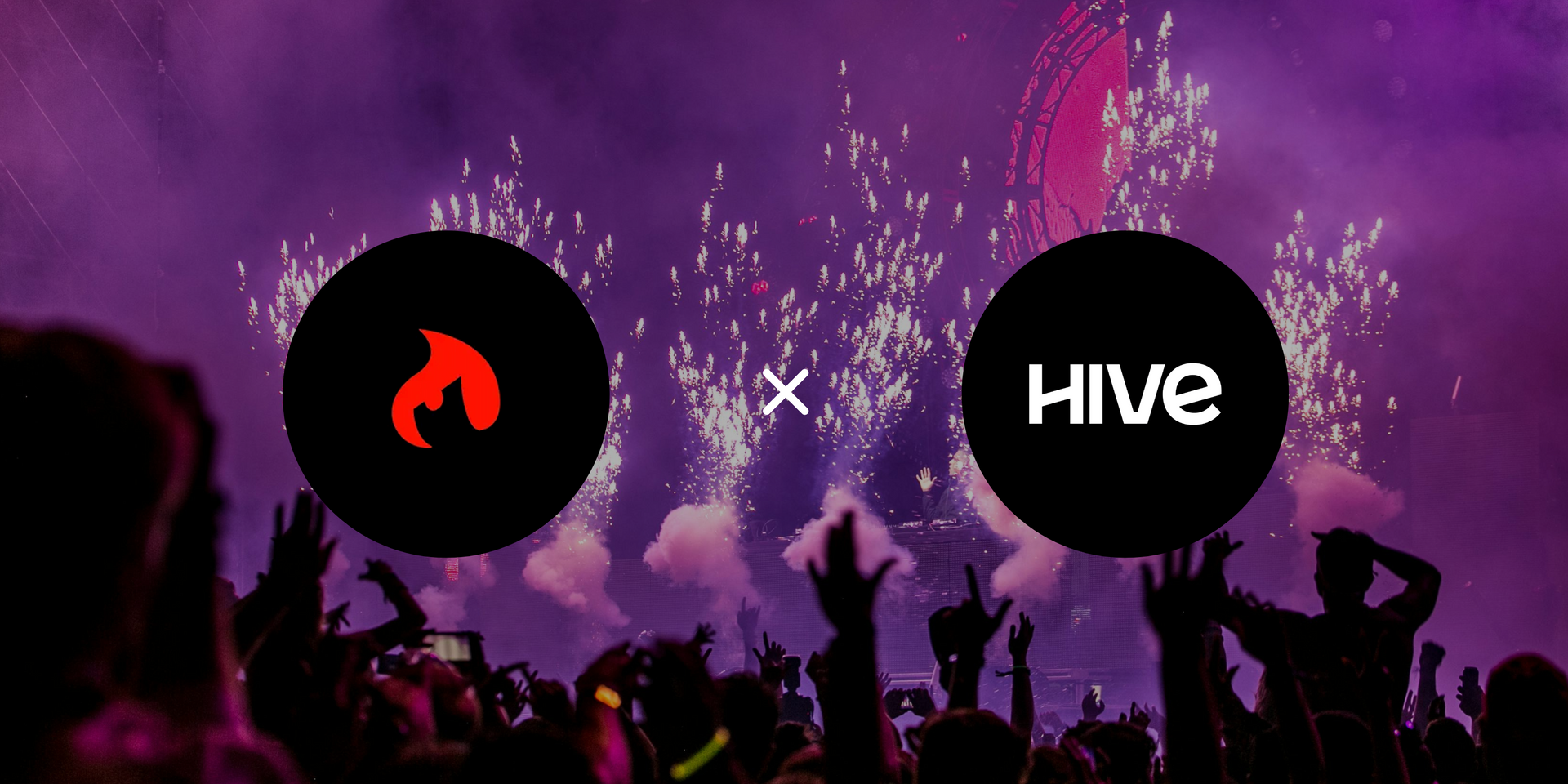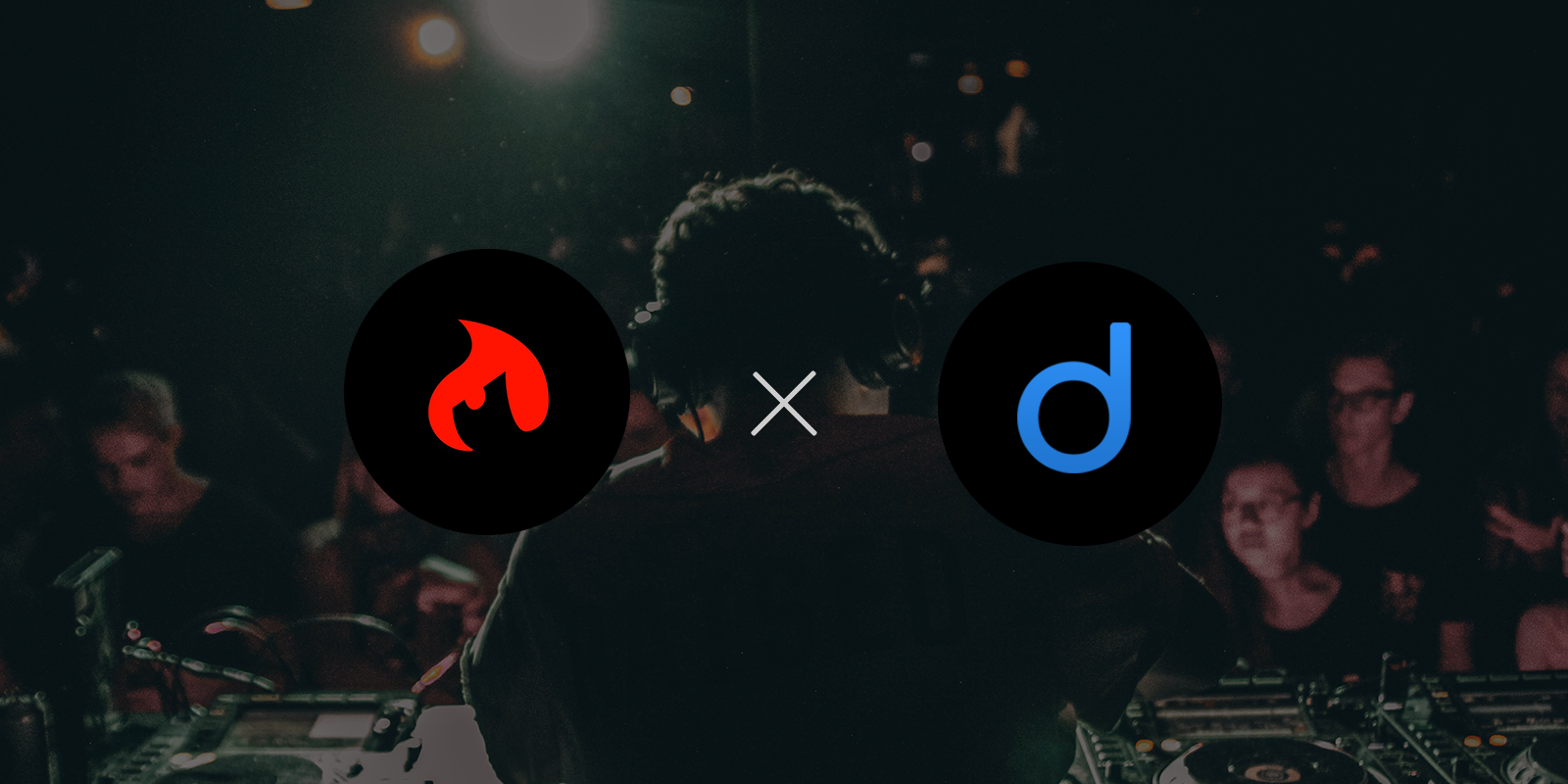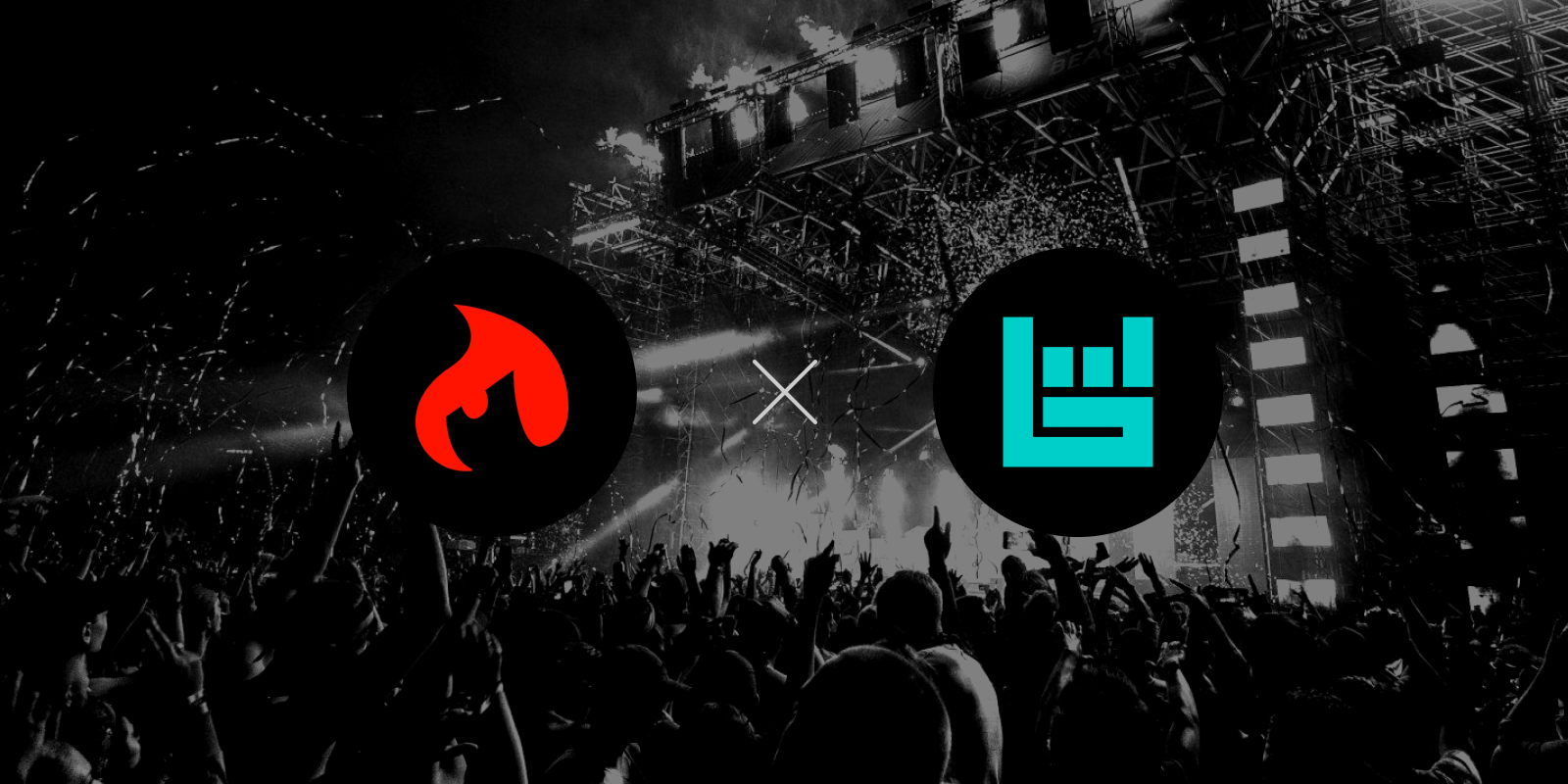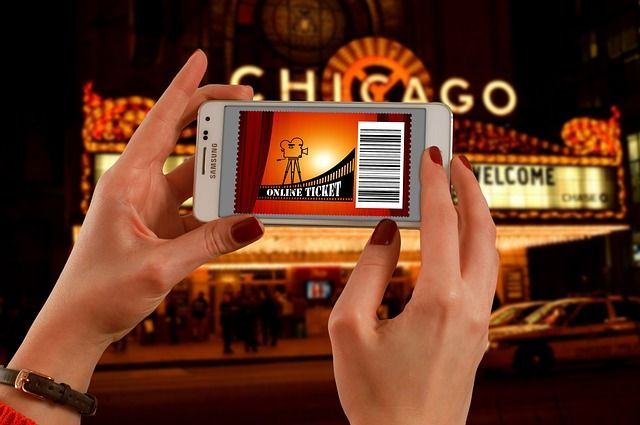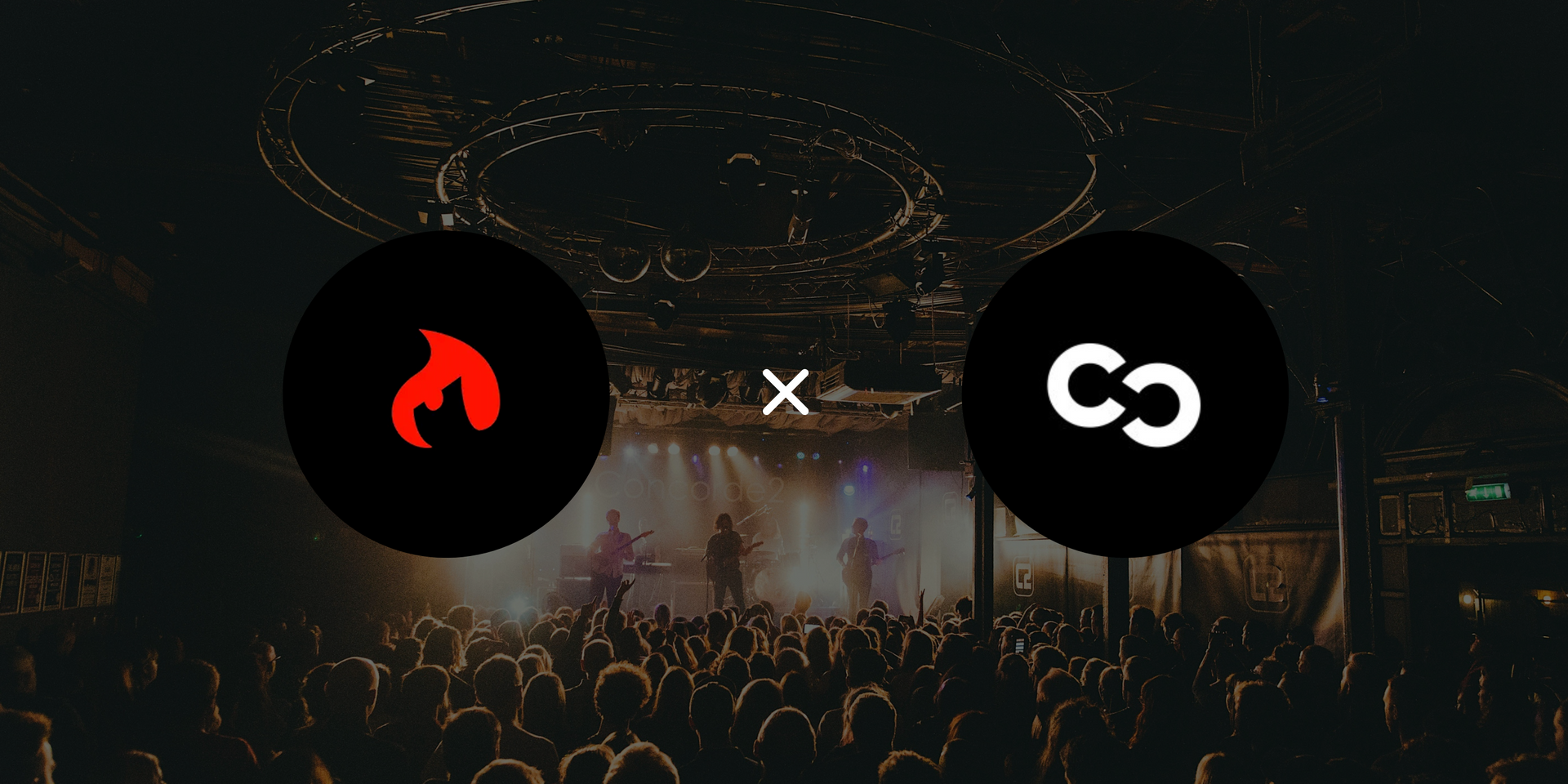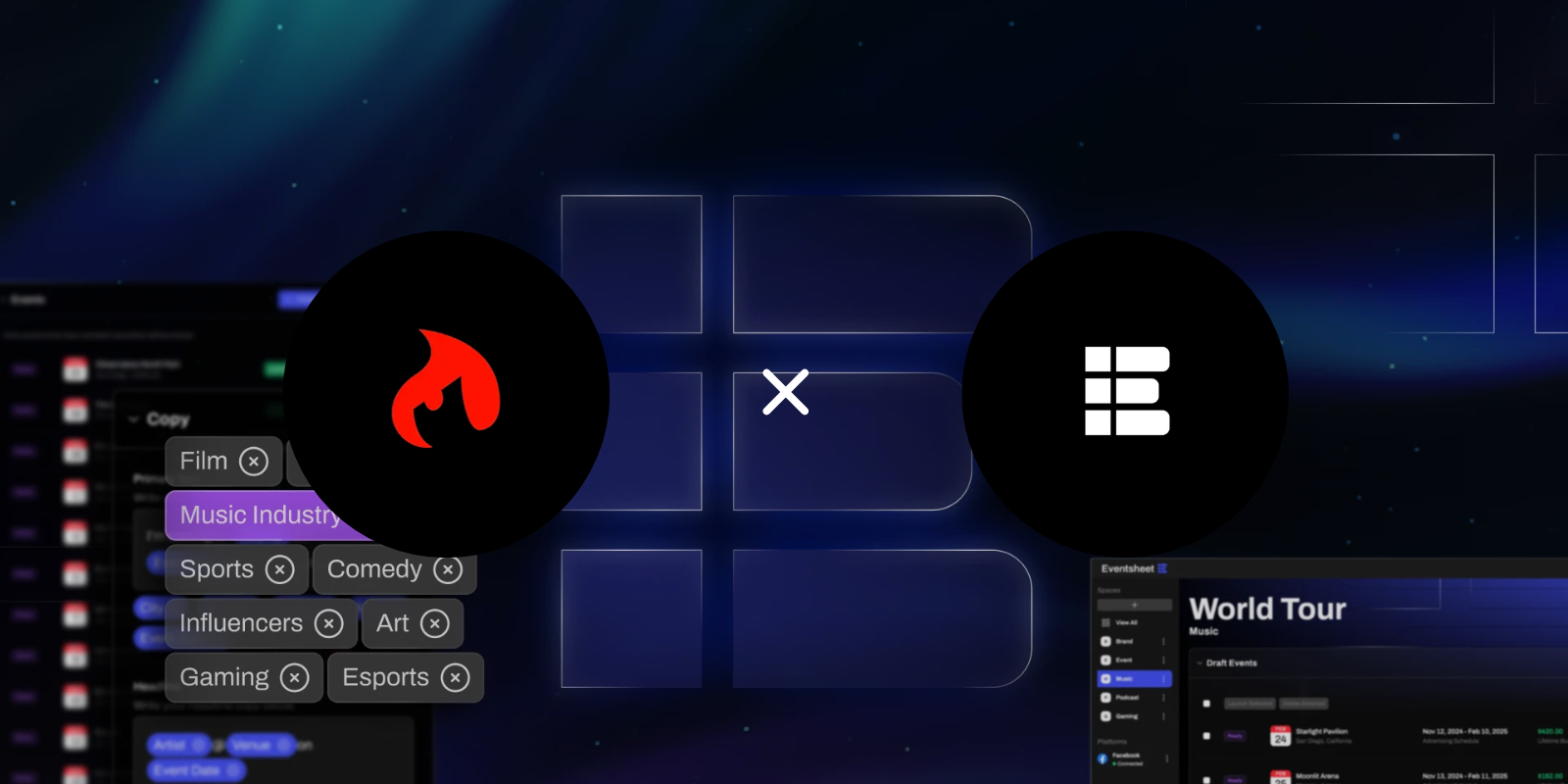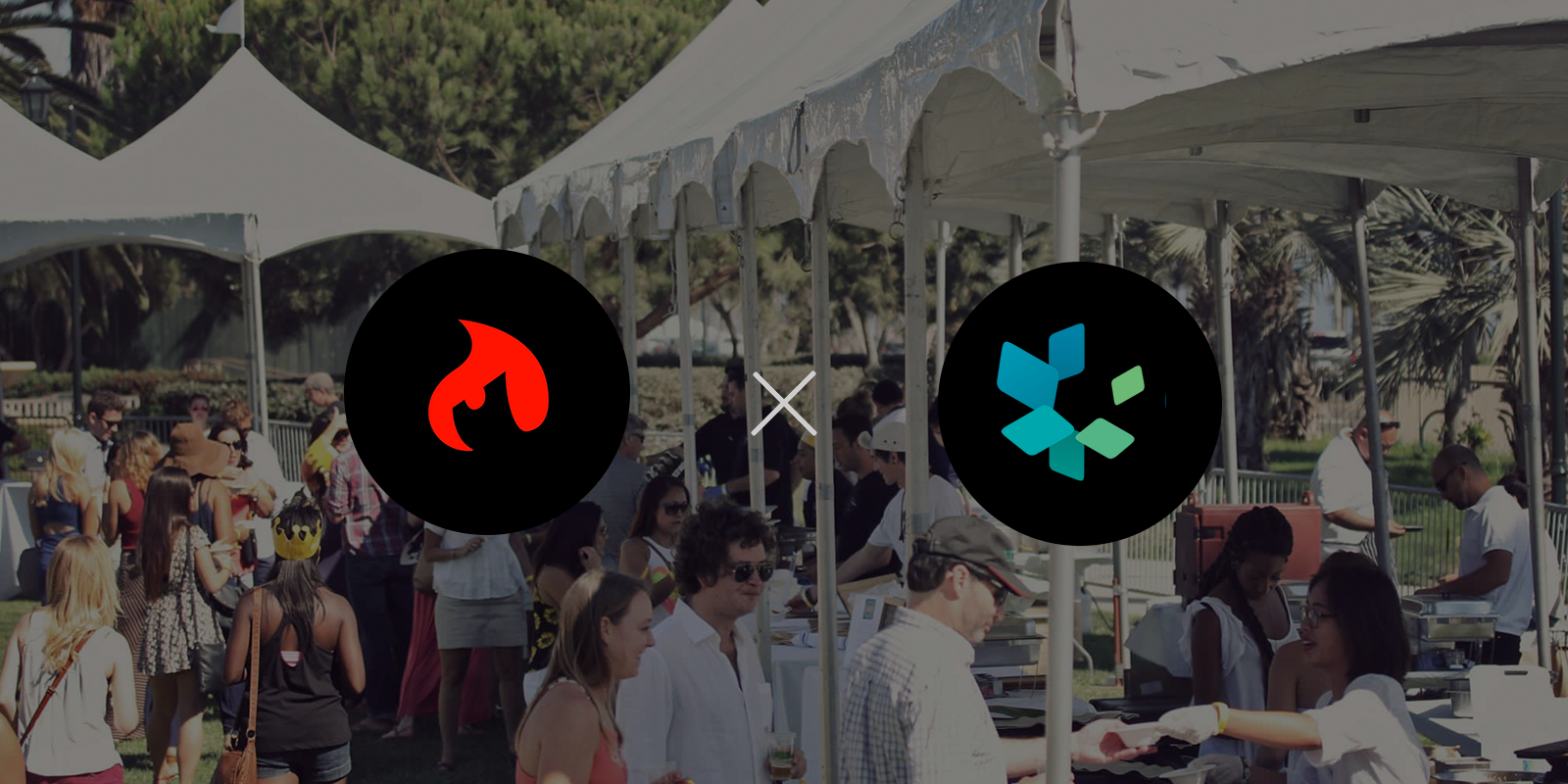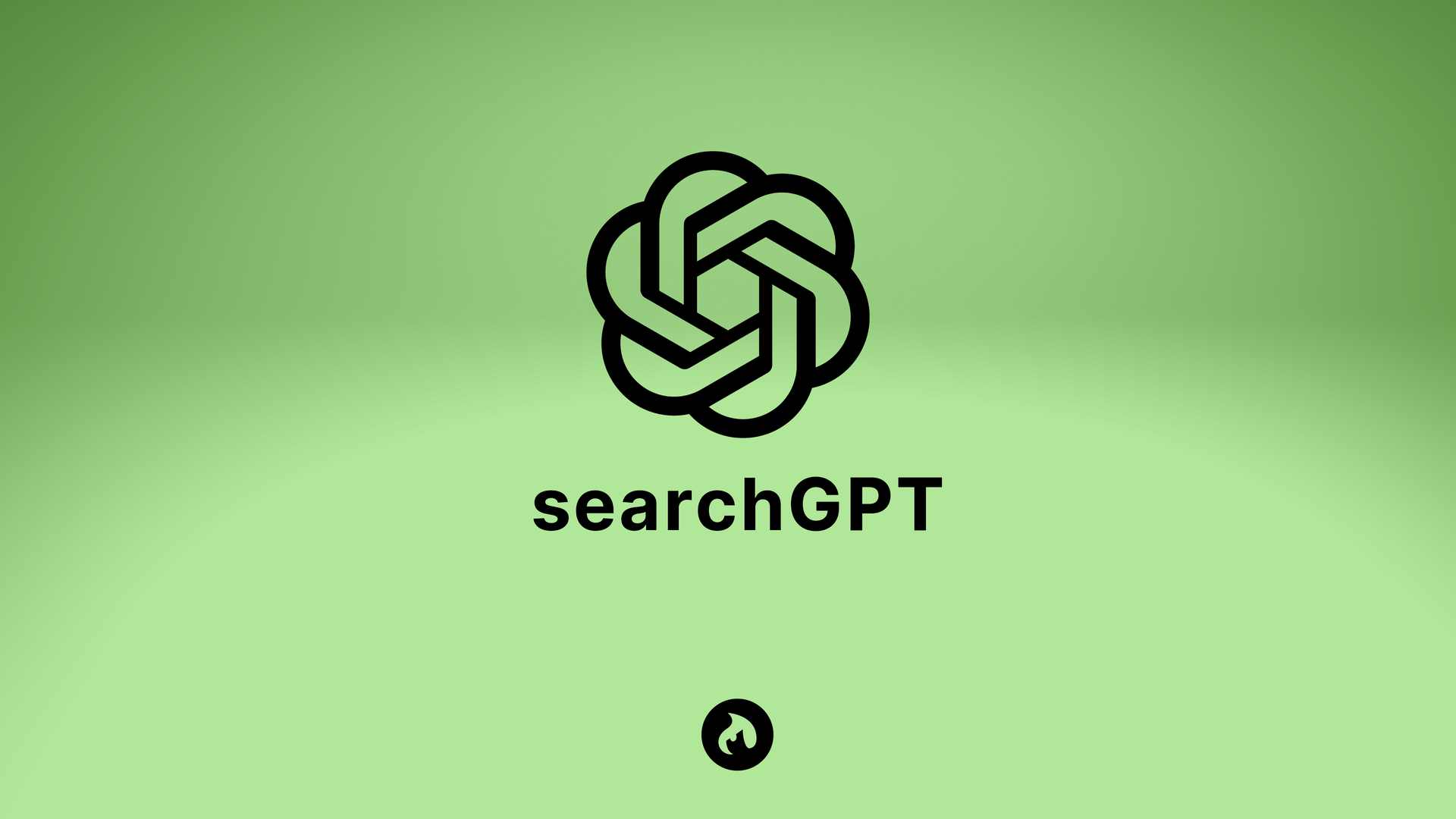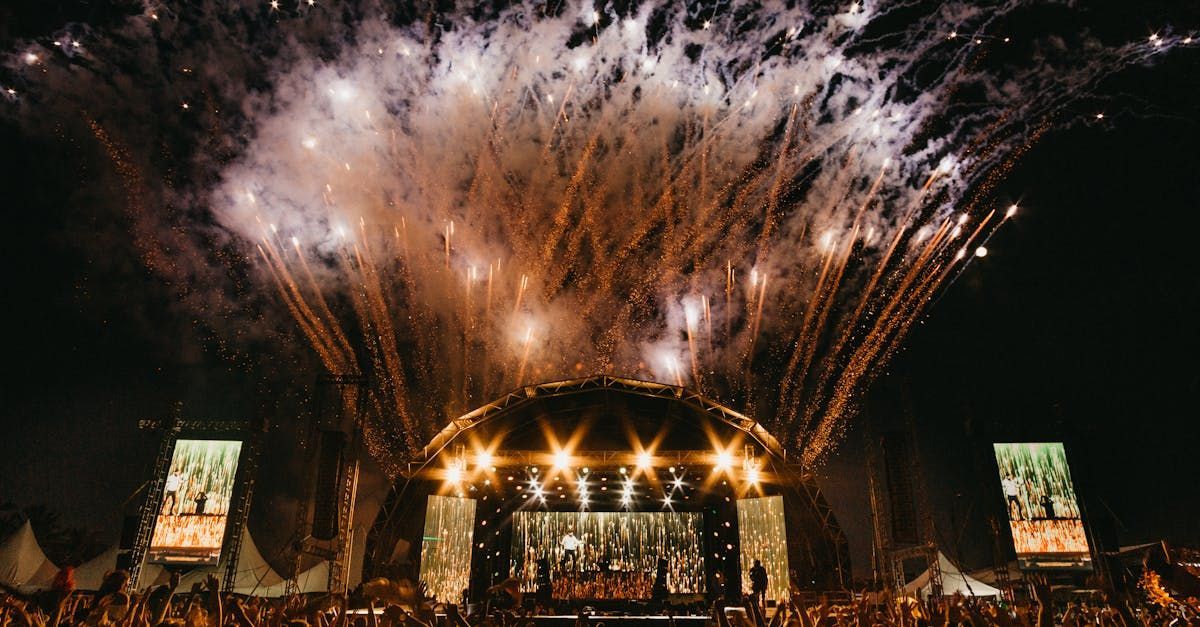Event and Venue Marketing Insights and Trends from BEM, a Top Event Marketing Agency
Recap of the Marketing Webinar with Bauer Entertainment Marketing (BEM)
On Thursday, July 25th, Ticketsauce hosted a marketing webinar with Bauer Entertainment Marketing (BEM), a top marketing agency. For over 10 years, BEM has been a leader in event and venue marketing. The Founder and President joined us to discuss topics such as:
- What opportunities exist to help make the latter half of 2024 even stronger?
- How can we collectively get smarter about selling more tickets?
- What are the latest event marketing trends, tactics, and tools?
- What are the most recent and common event marketing pitfalls we should all avoid?
- What are useful marketing tools, especially AI, that you're using?
Here are our key takeaways:
- Email Marketing: "RFM" (Recency, Frequency, Monetization) are key characteristics of your customers and subscribers that you should craft your marketing messages and timing around. Your emails should be customized based on each of these so you're sending a different message to a subscriber who has more recently opened or clicked on your emails, someone who opens or engages more frequently, and those who have spent more (or less) money with you. Targeting your messages around RFM can improve your campaign's effectiveness and relevance to the person receiving it.
- Contest Marketing: Contest marketing can be a very useful tool during the lulls of your on-sale period to boost engagement around your event. It can be a useful way to push people to take action in between your initial on-sale and the final few days leading up to the event.
- Use of Video: Video is KING in all mediums of marketing. Try to keep your videos to 15 seconds or less to maximize your message in the brief time you have people's attention.
- People are Buying Later: There's been a shift with the majority of people buying their tickets later in the final few days leading up to an event. This can make it challenging for marketers to effectively time their marketing efforts and campaigns to meet the customer when they're ready to buy. Do your best to focus on top-of-funnel marketing in the second third of your on-sale period and shift to bottom-of-funnel and conversion-related marketing in the final third.
These were the handful of things that stuck out the most to us, but there were many more tips, insights, and creative strategies discussed. You'll have to watch for yourself and see what may inspire you. Also, see a summarized transcript below the video.
Sell More Tickets with Ticketsauce
Want to learn more about BEM and their services?
Summarized Overview of Marketing Webinar with Brian Bauer
We had the pleasure of hosting Brian Bauer, founder and president of Bauer Entertainment Marketing (BEM), for an insightful marketing webinar focused on driving ticket sales and improving event experiences. Brian shared his extensive expertise and industry knowledge, providing valuable takeaways for event producers, venues, and marketers. Below is a detailed summary of the key points discussed during the webinar:
Industry Insights and Trends
Staying Current and Innovating: Brian emphasized the importance of staying up-to-date with the latest industry trends and innovations. He highlighted how BEM actively seeks out new, efficient, and effective methods across the live events landscape to drive the industry forward.
- Price Sensitivity: A significant barrier in the current market is price sensitivity among consumers. Brian shared that the average ticket price for a top 100 tour in 2023 was $131, a 36% increase since 2019. Dynamic ticket pricing, although intended to drive conversions by adjusting prices based on demand, is often perceived as price gouging by consumers. Over 68% of US adults surveyed agreed with this sentiment.
- Late Ticket Purchases: Brian noted a trend of consumers buying tickets much later in the event life cycle, with many purchases occurring in the final weeks before the event. This shift requires marketers to adjust their campaigns and spend to align with these buying patterns.
Marketing Strategies
- Optimizing Marketing Spend: Aligning marketing spend with the event marketing life cycle is crucial. Brian discussed the strategy of concentrating ad spend during the initial on-sale period and again as the event date approaches. During the maintenance phase, the focus shifts to organic channels, email marketing, and social media contests to keep potential buyers engaged.
- Urgency and Scarcity: Creating a sense of urgency and scarcity is essential to encourage early ticket purchases. Brian suggested tactics like limited-time bundles, presale offers, and emphasizing unique aspects of the event to make tickets more appealing.
Data-Driven Approach
- Leveraging Data: BEM's approach is heavily data-driven, using metrics to identify opportunities for improvement in the buyer journey. Key metrics include unique link clicks, engagement rates, add-to-cart ratios, and overall conversion rates. This data helps refine marketing strategies and ensure that efforts are targeted effectively.
- Tracking and Attribution: Brian discussed the challenges of tracking and attribution in the current landscape, especially with changes in iOS privacy settings. Despite these challenges, BEM uses a combination of ticket counts, website analytics, and ticket analytics to make projections and estimates that are directionally correct.
Email Marketing
- Segmentation and Targeting: Email marketing remains a powerful tool. Brian highlighted the importance of segmenting email lists based on recency, frequency, and monetization (RFM). This allows for more targeted and relevant communications. He also mentioned the use of behavior-based segmentation, such as retargeting emails to those who have shown interest but haven’t completed a purchase.
- Effective Email Campaigns: Creating compelling email sign-ups and using third-party email networks like Bandsintown can significantly enhance reach. BEM also emphasizes the importance of maintaining engagement with ticket buyers through regular updates and cross-promotions.
Creative and AI Tools
- Video Content: Video content is currently more effective than static images for social media and advertising. Brian recommended creating 15-second video ads that align with the event’s energy and avoid negative imagery.
- AI Integration: Brian discussed the cautious use of AI tools for ad placements and optimizations. While AI can streamline processes and improve efficiency, it’s important to monitor and test its effectiveness continually. Canva was highlighted as a valuable tool for creating and resizing creative content efficiently.
Common Pitfalls and Solutions
- Experience the Customer Journey: Event producers should experience their own ticket-buying process to identify and mitigate potential roadblocks. Simplifying the checkout process and offering guest checkout options can significantly reduce drop-off rates.
- Addressing Price Sensitivity: To combat price sensitivity, Brian suggested offering payment plans, ticket insurance, and controlled resale marketplaces. Enhancing the perceived value of tickets by highlighting included benefits and unique aspects of the event is also crucial.
Educational Resources
- Live Event Marketing Course: Brian announced the launch of an educational platform offering extensive resources on live event marketing. This course provides over 60 videos covering every aspect of event marketing, from initial planning to post-event analysis, making it a valuable resource for marketers at all levels.
Conclusion
This webinar provided an in-depth look at effective event marketing strategies, emphasizing a data-driven approach and the importance of understanding consumer behavior. For those interested in further education, Brian’s new platform offers a comprehensive guide to mastering live event marketing.
For more information or to get in touch with Brian and BEM, visit their
website or check out the
live event marketing course.
